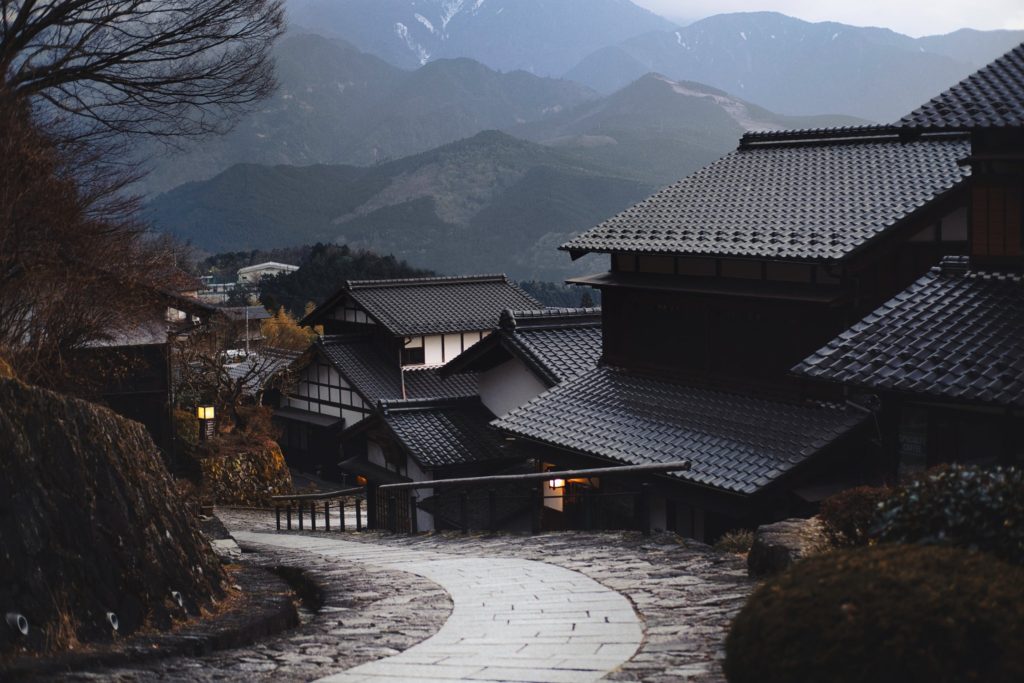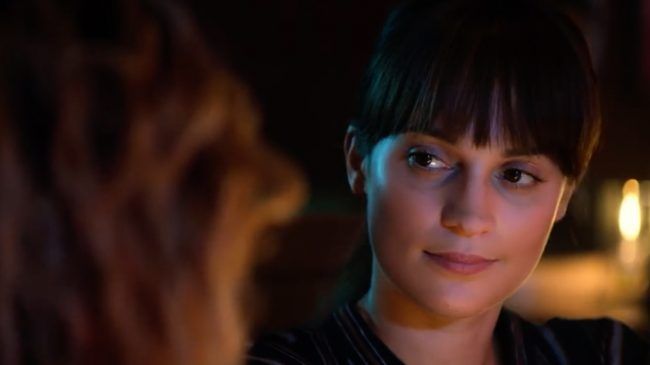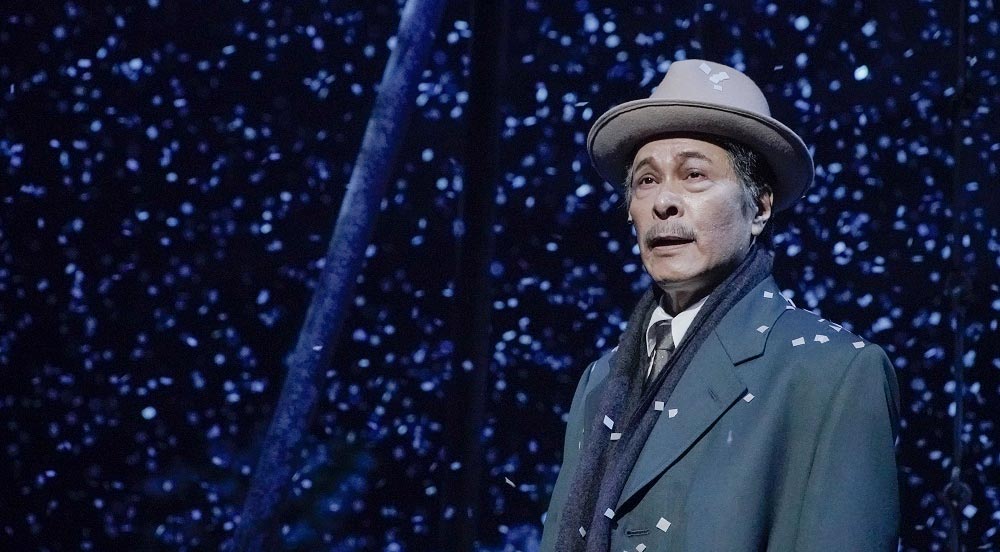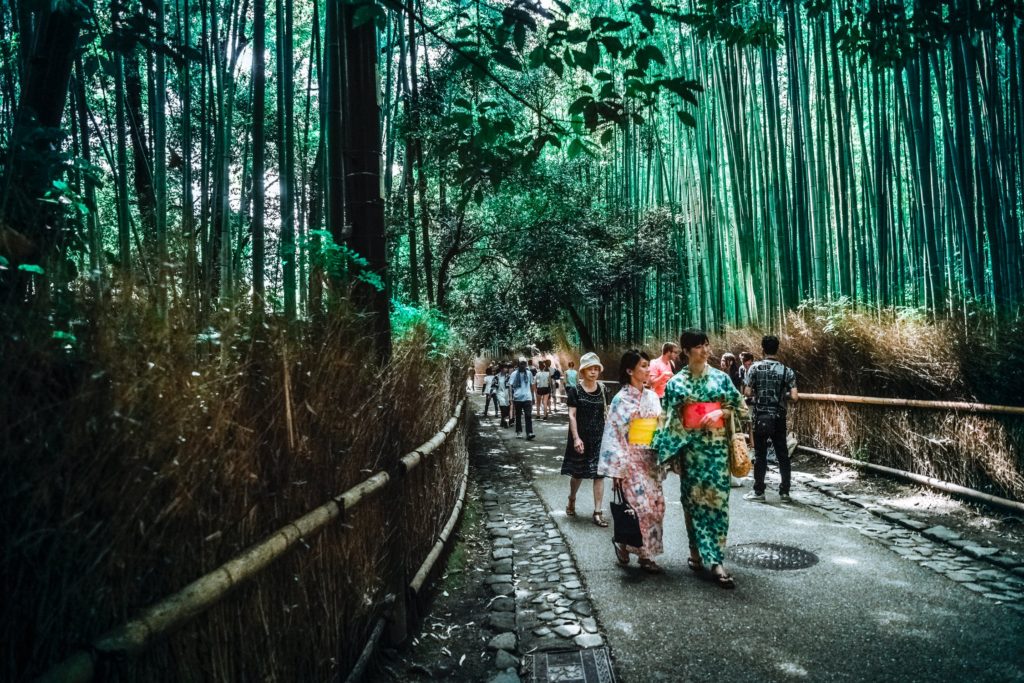
fciwomenswrestling.com femcompetitor.com, fcielitecompetitor.com, fciwomenswrestling.com Netflix photo credit
March 7, 2020,
Excursions into the Far East can in spirit be far out.
Opportunities abound to find yourself and find your way, even if you are not lost.
Especially if you are not looking. Not seeking.
When you go to Japan in particular, you should make the most of it.
A friend in our circle traveled there and it changed her life.

She began by teaching English and then once she learned the language she evolved to be qualified for International Sales positions with American, British, Canadian and Australian companies.
She traveled the world, met truly interesting philosophers and made a great living.
Which brings us to a film that had so much potential but puzzled us.

Earthquake Bird is a 2019 psychological thriller written and directed by Wash Westmoreland based on the novel of the same name by Susanna Jones. It stars Alicia Vikander, Riley Keough, Naoki Kobayashi and Jack Huston.
It had its world premiere at the BFI London Film Festival on October 10, 2019.
It was released on November 1, 2019, before digital streaming on November 15, 2019, by Netflix.
Alicia Vikander plays Lucy, an expat living in Tokyo and working as a translator.
She appears to be content to stay in that position in a faceless office.
Lucy also appears to always be thinking about something but not really acting on anything profound.
She comes all the way to Japan with boundless opportunities in front of her and she appears to be content to stay in an office and place limitations on herself.

Things in spirit are all around her, she notices them, but only with a pause and passing.
What we have hoped someone like Lucy would do is travel there and take steps to evolve into someone else and not stay put doing something you could have essentially done at home.
Japan is about so much more than that.
She did leave home, not for a brief visit but to live in Japan.
The reviewers at indiewire.com seem to understand at least some of our point of view as they analyze, “The Land of the Rising Sun is often depicted as a place where certain types of gaijin can step outside of themselves in comfort; where Scarlett Johansson can safely take stock of her own dislocation on a daytrip to Kyoto, Tom Cruise can atone for his war crimes by killing some more of his countrymen, and James Bond can fake his own death and be reborn.
Many of these films, some more problematically than others, rely on Japan’s legible “foreignness” to create a clarifying distance between their characters and the world around them, and the best of them tend to redirect that foreignness back on the people who first projected it.”
We understand.
If you make a decision to travel to Japan, realize that the opportunities to evolve, redirect or re-invent your life are endless.
Sometimes you can find the meaning of life, as you learn it to be, as well.
“I’m not a New Age person, but I do believe in meditation, and for that reason I’ve always liked the Buddhist religion. When I’ve been to Japan, I’ve been to Buddhist temples and meditated, and I found that rewarding.”… Clint Eastwood
Another film set in Japan seems to impart that.
Ikiru is a 1952 Japanese drama film directed and co-written by the legendary film maker Akira Kurosawa and starring Takashi Shimura.

The film examines the struggles of a terminally ill Tokyo bureaucrat and his final quest for meaning. The screenplay was partly inspired by Leo Tolstoy‘s 1886 novella The Death of Ivan Ilyich.
The major themes of the film include learning how to live, the inefficiency of bureaucracy, and decaying family life in Japan, which have been the subject of analysis by academics and critics. The film has received widespread critical acclaim, and in Japan won awards for Best Film at the Kinema Junpo and Mainichi Film Awards.
It was remade as a television film in 2007.
The story revolves around Kanji Watanabe, a middle-aged man who has worked in the same monotonous bureaucratic position for thirty years.
His wife is dead and his son and daughter-in-law, who live with him, seem to care mainly about Watanabe’s pension and their future inheritance.
At work, he’s a party to constant bureaucratic inaction.
After learning he has stomach cancer and less than a year to live, Watanabe attempts to come to terms with his impending death. He plans to tell his son about the cancer, but decides against it when his son does not pay attention to him.
He then tries to find escape in the pleasures of Tokyo’s nightlife, guided by an eccentric novelist whom he has just met. In a nightclub, Watanabe requests a song from the piano player, and sings “Gondola no Uta” with great sadness. His singing greatly affects those watching him. After one night submerged in the nightlife, he realizes this is not the solution.
What is the solution?
That varies for each one of us.
In our experience, one of the ways to find it is to stop trying so hard to look for it. Especially within a structure or a formula.
Immerse yourself in the culture and it often happens along the way.
Meaning and purpose seem to go hand in hand. Ultimately the question isn’t what is the meaning of life, but rather, what is the meaning to your life?
It is very personal.
Watanabe realizes that it is not too late for him to do something significant.
Something that provides significant meaning to him.
He wants to make something, but is unsure what he can do within the city bureaucracy until he remembers the lobbying for a playground. He surprises everyone by returning to work after a long absence, and begins pushing for a playground despite concerns he is intruding on the jurisdiction of other departments.
Watanabe dies, and at his wake, his former co-workers gather, after the opening of the playground, and try to figure out what caused such a dramatic change in his behavior. His transformation from listless bureaucrat to passionate advocate puzzles them.
It doesn’t puzzle us.
Understandably we should find meaning in our lives where we are at. Wherever our home is.
Doesn’t always work out that way though.
Sometimes we need to change our surroundings and experience new things completely foreign to us.
Traveling and living in Japan may not provide you with the meaning to your life but from our experience, it can certainly help.

~ ~ ~
Opening photo Netflix photo credit
https://en.wikipedia.org/wiki/Earthquake_Bird
https://www.rogerebert.com/reviews/earthquake-bird-movie-review-2019
https://www.indiewire.com/2019/11/earthquake-bird-review-netflix-1202189804/
https://en.wikipedia.org/wiki/Ikiru
https://www.brainyquote.com/topics/japan-quotes
https://fciwomenswrestling.com/
https://www.fcielitecompetitor.com/
fciwomenswrestling2.com/



